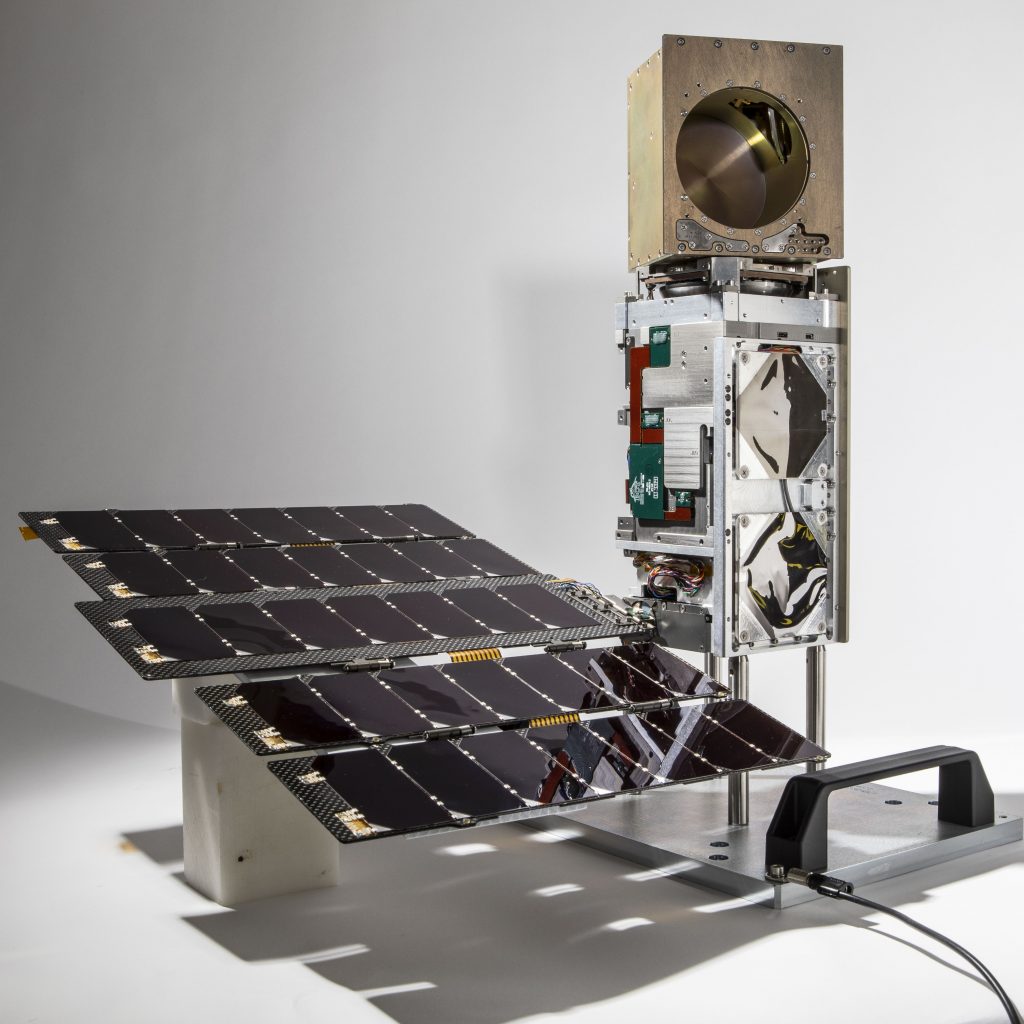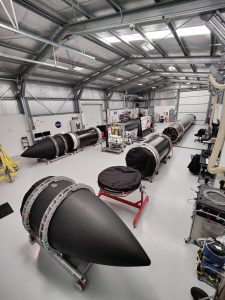

A NASA constellation of four storm tracking CubeSats are getting a new launch location as they prepare to study tropical cyclones beginning in the 2023 Atlantic hurricane season. NASA’s Time-Resolved Observations of Precipitation Structure and Storm Intensity with a Constellation of SmallSats (TROPICS) will observe the atmosphere to increase our understanding of hurricanes, typhoons, and other intense weather.
Rocket Lab has announced the mission now will be sent into orbit on two Electron rockets – each carrying two TROPICS CubeSats – from Launch Complex 1 in Mahia, New Zealand in May to maintain the target launch window in time for this year’s hurricane season.
Each launch, traveling to separate orbital planes, will place a pair of the small satellites in orbit to increase the frequency in which tropical cyclones are measured from space. The TROPICS constellation enables researchers to monitor the evolution of tropical cyclones with a frequency of about once per hour as compared to currently only once every 6 hours. Each TROPICS satellite is an identical 3U (1U, or unit = 10cm x 10cm x 10cm) CubeSat that is about the size of a loaf of bread and weighs about 12 pounds.
The TROPICS team is led by Dr. William Blackwell at Massachusetts Institute of Technology’s Lincoln Laboratory in Lexington, Massachusetts, and includes researchers from NASA, the National Oceanic and Atmospheric Administration (NOAA), and several universities and commercial partners. NASA awarded the launch services to Rocket Lab in November 2022, as part of the agency’s Venture-class Acquisition of Dedicated and Rideshare (VADR) launch services contract.
